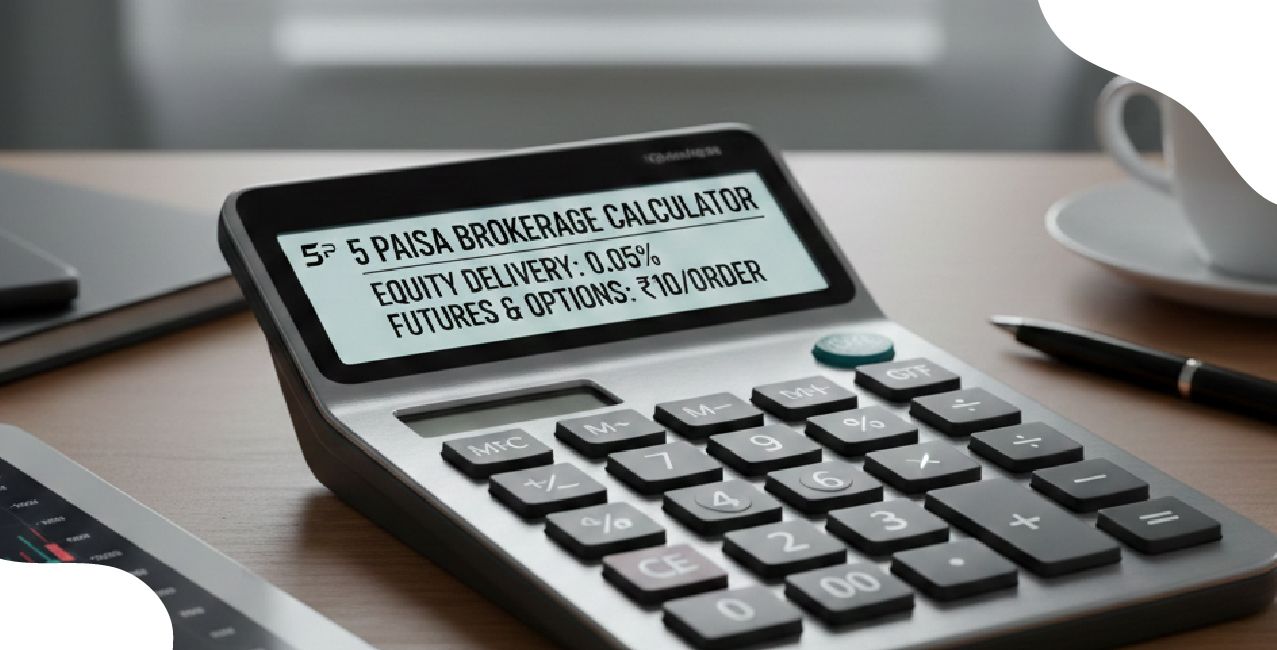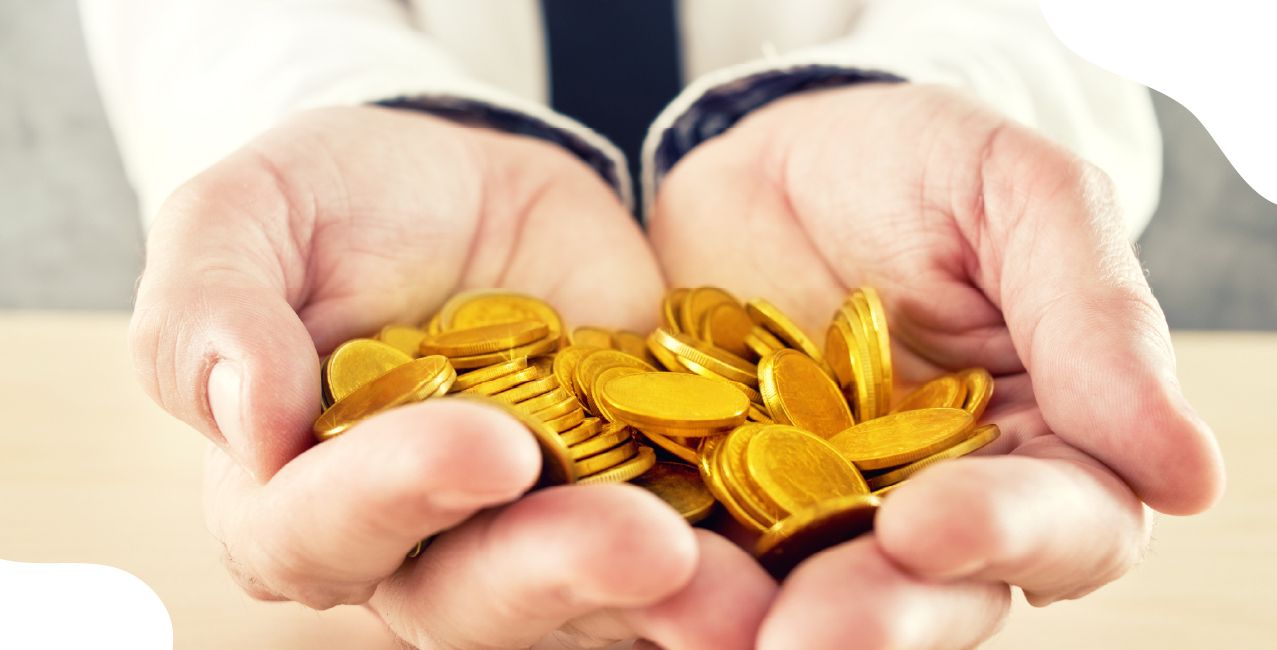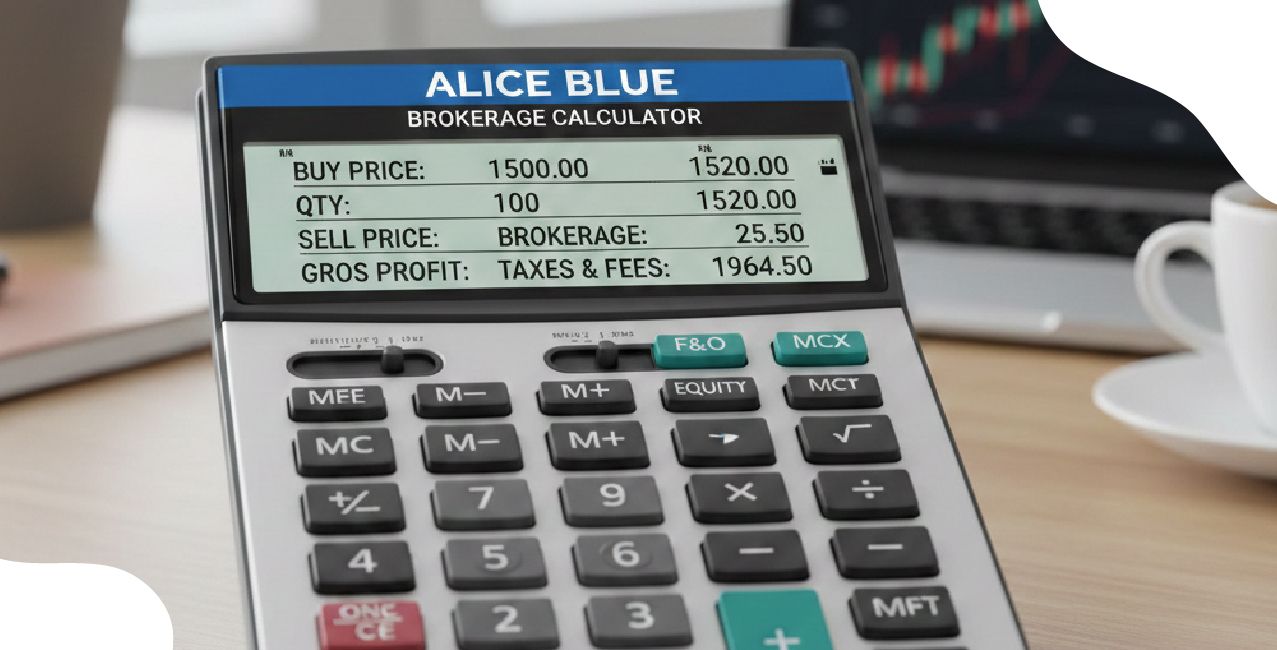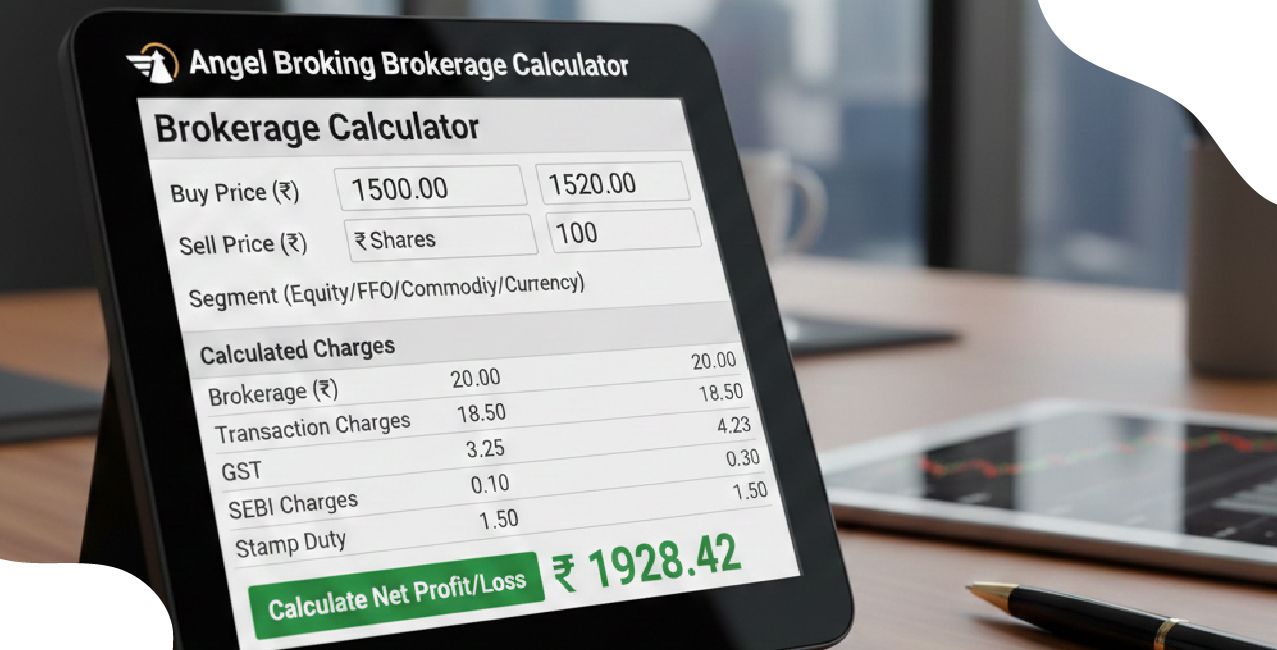Is It Safe to Keep Money in Digital Wallets? Experts Weigh In
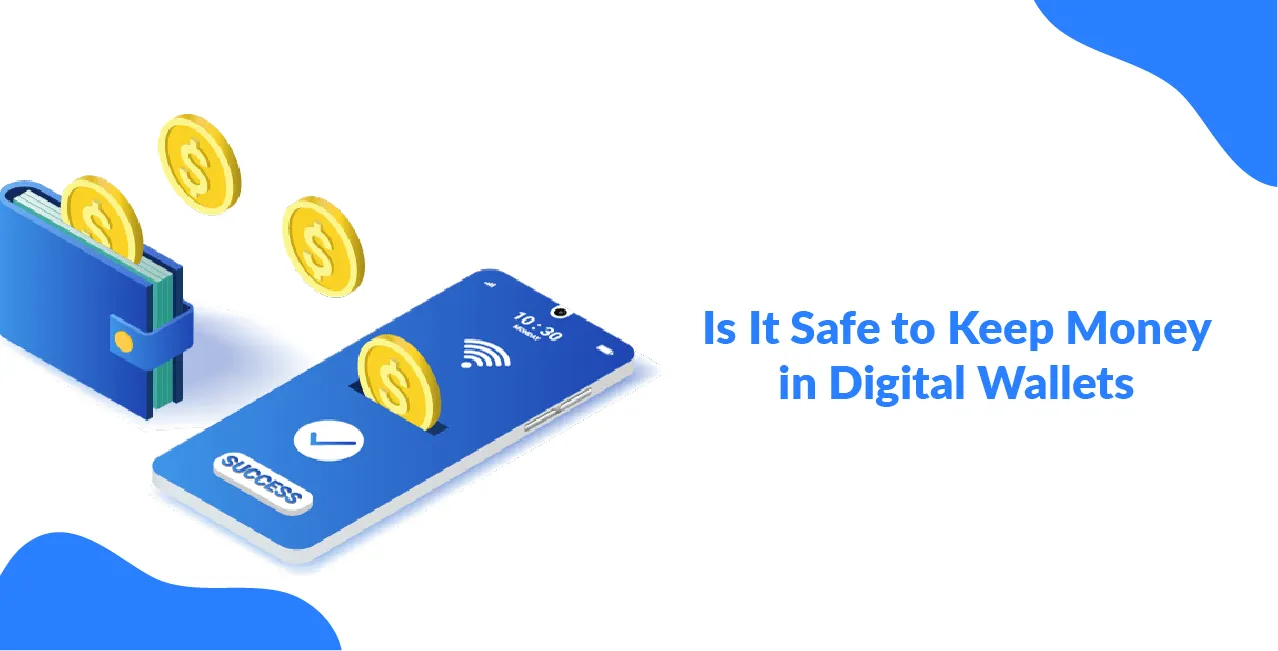
Check Your Loan Eligibility Now
By continuing, you agree to LoansJagat's Credit Report Terms of Use, Terms and Conditions, Privacy Policy, and authorize contact via Call, SMS, Email, or WhatsApp
Digital wallets have changed how we pay for things. Millions of people now save money on their phones instead of carrying cash. But are these wallets truly safe? Let's explore what experts say in this blog.
1. Security Features and Encryption Technology
Strong digital wallet security is a core feature, not an add-on. Encryption, tokenisation, and biometric authentication all help reduce fraud and protect customer data.
Digital wallets employ multiple layers of security to protect your financial information. Modern wallets use advanced encryption algorithms that scramble your data during transmission and storage. Tokenisation replaces your actual card details with unique digital tokens, ensuring your real information never leaves your device during transactions.
Most wallets also feature biometric authentication through fingerprint scanning or facial recognition, making unauthorised access extremely difficult.
The security architecture includes end-to-end encryption, secure element chips, and real-time fraud monitoring. When you make a payment, your wallet generates a unique transaction code that expires immediately after use. This dynamic authentication system prevents replay attacks and ensures each transaction is secure.
2. Common Risks and Vulnerabilities
In 2024, scammers stole $494 million in cryptocurrency through wallet-draining attacks, according to BleepingComputer.
Digital wallets face several security challenges despite their advanced protection mechanisms. Device theft represents the primary risk, as thieves might gain access to your wallet if your phone lacks proper security measures.
Malware and phishing attacks target wallet users through fake apps or deceptive websites that steal login credentials. Social engineering scams trick users into revealing authentication details or transferring funds to fraudulent accounts.
Network vulnerabilities during public Wi-Fi usage can expose transaction data to cybercriminals. Software bugs in wallet applications occasionally create security loopholes that hackers exploit.
3. Best Practices for Safe Usage
Most digital wallets offer biometric authentication methods like fingerprint scanning or facial recognition, making it much harder for unauthorised users to access your wallet.
Implementing proper security practices significantly reduces digital wallet risks. Always enable biometric authentication and set strong, unique passwords for your wallet accounts. Regular software updates patch security vulnerabilities and improve protection mechanisms.
Monitor your transaction history frequently to spot unauthorised activities early. Set up transaction alerts to receive immediate notifications about wallet activity.
Use official app stores for wallet downloads and verify developer credentials before installation. Enable two-factor authentication where available and link your wallet to a secure email account. Create regular backups of your wallet data and store recovery phrases in secure, offline locations.
4. Regulatory Framework and Consumer Protection
Digital wallets use technology to keep your financial data and personal information safe. However, they can still be vulnerable to hackers.
Indian regulatory authorities have established comprehensive frameworks to protect digital wallet users. The Reserve Bank of India mandates strict security standards for payment service providers, including regular security audits and compliance certifications.
The Payment and Settlement Systems Act provides legal protection for consumers and establishes dispute resolution mechanisms. Digital wallet providers must maintain customer grievance redressal systems and provide 24/7 support for security incidents.
Consumer protection laws require transparent disclosure of fees, terms, and security measures. Wallet providers must implement know-your-customer (KYC) procedures and maintain transaction records for regulatory compliance. The government has also introduced data protection regulations that limit how companies collect, store, and use personal financial information.
5. Expert Recommendations and Future Outlook
Mastercard, Deloitte, and Visa expect biometric authentication, digital wallets, AI, and passkeys to be big trends for 2025.
Financial security experts recommend a cautious but optimistic approach to digital wallet adoption. Start with small amounts to test security features and gradually increase usage as comfort levels grow.
Choose wallets from established providers with strong security track records and regulatory compliance. Diversify your payment methods rather than relying solely on digital wallets for all transactions.
Industry trends indicate increasing integration of artificial intelligence for fraud detection and blockchain technology for enhanced security. Quantum-resistant encryption methods are being developed to address future security challenges.
Experts predict that digital wallets will become increasingly secure through continuous technological advancements and regulatory improvements.
Conclusion
Digital wallets offer strong security when users follow proper safety measures. Choose reputable providers, enable all security features, and stay alert to potential risks.
FAQs
Q: Are digital wallets safer than carrying cash?
A: Yes, digital wallets use encryption and biometric locks that cash cannot provide.
Q: What happens if I lose my phone with a digital wallet?
A: You can remotely lock or wipe your wallet through your provider's website.
Q: Can hackers steal money from my digital wallet?
A: Very unlikely if you use strong passwords and enable security features properly.
Q: How much money should I keep in my digital wallet?
A: Keep only what you need for daily expenses, not your entire savings.
Other Related Pages | |||
About the author

LoansJagat Team
Contributor‘Simplify Finance for Everyone.’ This is the common goal of our team, as we try to explain any topic with relatable examples. From personal to business finance, managing EMIs to becoming debt-free, we do extensive research on each and every parameter, so you don’t have to. Scroll up and have a look at what 15+ years of experience in the BFSI sector looks like.
Subscribe Now
Related Blog Post
Recent Blogs
All Topics
Contents
Quick Apply Loan
Consolidate your debts into one easy EMI.
Takes less than 2 minutes. No paperwork.
10 Lakhs+
Trusted Customers
2000 Cr+
Loans Disbursed
4.7/5
Google Reviews
20+
Banks & NBFCs Offers
Other services mentioned in this article





